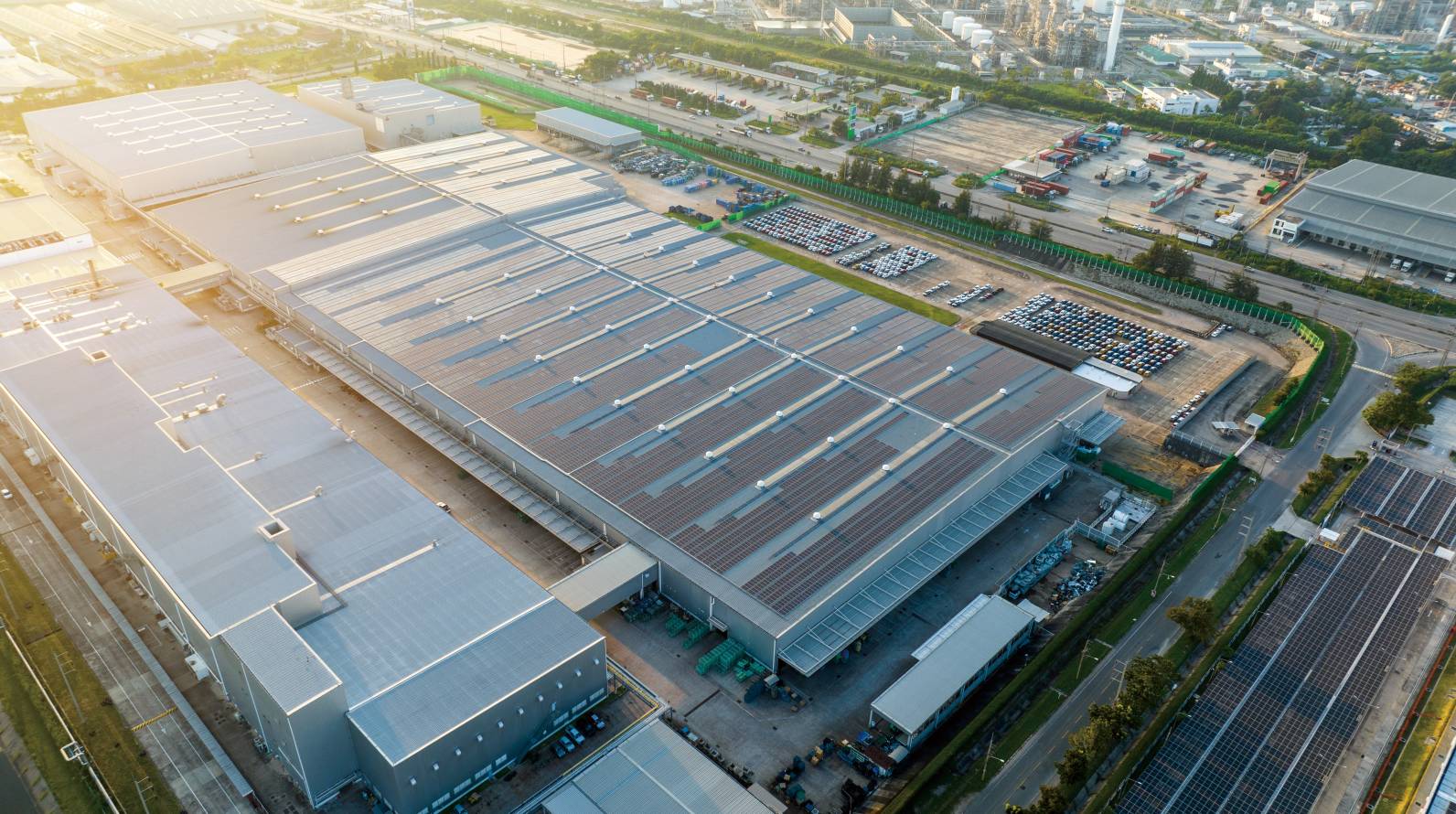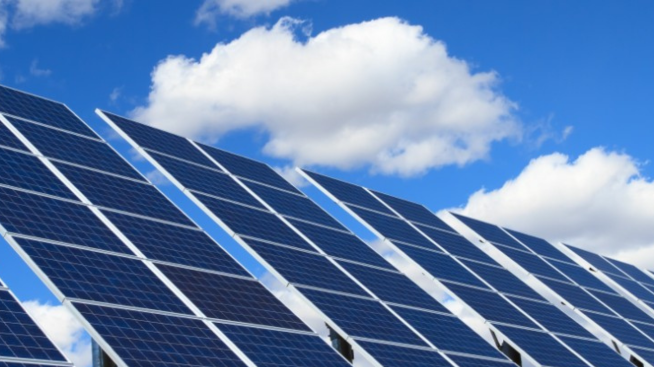Solar pumping systems have become a sustainable and efficient way to manage water resources. These systems power water pumps using solar energy rather than fossil fuels or grid power. They offer a practical solution to water access challenges, especially in remote and off-grid areas.
Applications of Solar Pumping Systems
Desert Management
Solar pumping systems can draw water from lakes or underground to irrigate desert vegetation. They help combat desertification and restore ecological balance.
Agricultural Irrigation
PV pumping systems allow farmers to irrigate crops without relying on grids or diesel. This is especially valuable in regions with abundant sunlight but limited infrastructure.
Seawater Desalination
Seawater desalination can also make use of solar pumping systems. They offer a sustainable energy source for seawater treatment and transportation.
Domestic Water Supply
Solar pumping systems enable a steady supply of drinking water to off-grid or rural households.
Grassland Animal Husbandry
For livestock farmers operating in grasslands or remote grazing areas, solar pumping systems supply essential water for animals.
Urban Water Use
In urban settings, solar pumping systems are being adopted for landscaping, parks, and community gardens. They reduce dependence on the grid and help cities meet sustainability goals.
Key Benefits of Solar Pumping Systems
Economical
The long-term savings of solar pumping systems can be substantial. There are no ongoing fuel costs, nor is maintenance intensive.
Eco-Friendly
Solar pumping systems harness clean, renewable energy. They reduce emissions of greenhouse gases and contribute to environmental protection efforts.
Easy to Install & Maintain
The installation of solar pumping systems can be very easy since the systems don’t need fuel storage, long power cables, or other infrastructure.
Maintenance is also straightforward, usually only requiring a routine cleaning of the solar panels and regular inspection of the pump functionality.
Reliable
Solar pumping systems are independent of fuel supply chains and electrical grids, which makes them especially reliable in remote or unstable regions.
Main Components
Solar Modules
Solar modules convert sunlight into electrical power. The performance of the entire PV pumping system is directly impacted by the effectiveness and size of the solar modules.
Water Pump
The water pump draws water from a source and delivers it to the intended location. The type of pump used depends on the depth and distance of the water source.
Pump Inverters
Pump inverters convert the DC from solar panels into AC for the pump, or regulate the DC output if the pump is DC-compatible. They ensure stable and efficient pump operation under variable sunlight conditions.
Water Tank
A water storage tank is often used to hold the pumped water, allowing for consistent supply even when solar generation fluctuates due to weather or time of day.
CHINT’s NVFPV Water Pump Drives
At CHINT, we provide reliable photovoltaic water pump drives, with the NVFPV series being a standout product. Featuring maximum power point tracking (MPPT), this inverter automatically optimizes solar energy usage, enhancing both water output and system performance.
When sunlight is sufficient, the NVFPV automatically switches to solar power, reducing overall energy consumption. During low light conditions or at night, it seamlessly switches to grid power to ensure a stable and continuous water supply.
When integrated with a water level switch, the NVFPV inverter can start or stop automatically based on water levels, preventing shortages or overflows. These smart features reduce the need for manual intervention and increase the system’s efficiency and reliability.
A Zimbabwean customer, Eurostar, has purchased over 100 NVFPV series photovoltaic water pump inverters, demonstrating the product’s strong market appeal and proven performance.
Conclusion
Solar pumping systems are a powerful solution for sustainable water management. They offer various benefits across broad applications. With inverters like the NVFPV water pump drives, solar pumping systems are not only more efficient but also more adaptable to varying needs.






